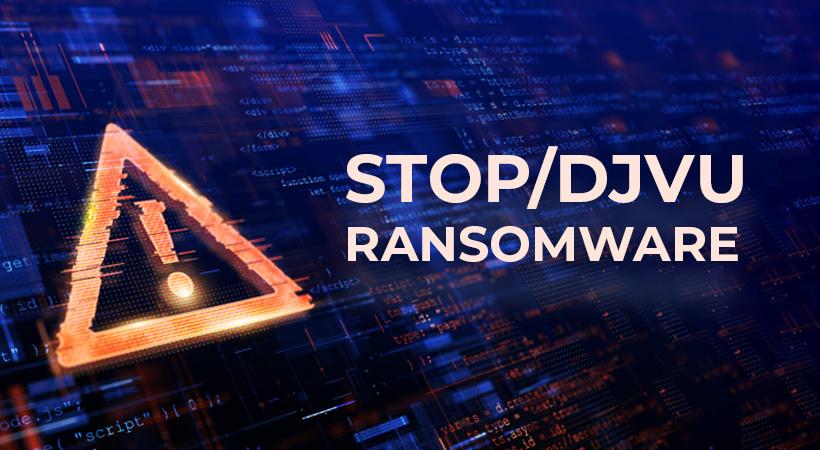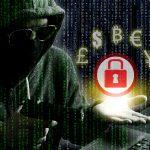Pcqq Ransomware Charges Victims from $490 to $980 for File Decryption
Pcqq Ransomware is another file-encrypting malware associated with the Djvu/Stop Ransomware family that has been infecting Windows computers. It generally will target such personal data as documents, videos, databases, and photos. During the encryption process, its code will not damage system files, as the hackers need your computer to work so that you could transfer the ransom payment.
The files that Pcqq Ransomware encrypts receive the .pcqq extension, and victims cannot access these files until the required decryption key or software is activated. The Pcqq ransom note is left on the computer’s desktop and is titled “_readme.txt”. The note says that the victims are required to contact the hackers behind the infection through the emails: helpmanager@airmail.cc or helpteam@mail.ch. Victims must make payments of either $980 or $490 in bitcoin, depending on whether the contact is made within the first 72 hours since the infection takes place.
Pcqq Ransomware bears a very strong resemblance to other malware strains within the Djvu/Stop Ransomware family, including such predecessors as Wrui Ransomware, Lmas Ransomware, Urnb Ransomware, and others that employ the RSA 2048 Military Force Coding System. This system is hard to crack, even for the best white-hat coders. Pcqq Ransomware also uses a random four-letter combination that it appends to encrypted files, which is also a trait common to the entire Djvu/Stop Ransomware family. Although the ransom notes between different strains may differ, they all attempt to intimidate victims into immediate payment.
The operators of Pcqq Ransomware aren’t above using various scare tactics, like claiming that they alone can offer file decryption, in an attempt to compel victims to pay. Much like other cybercriminals, they offer victims one free file decryption to prove that they can actually provide a fix for locked files. They also include a link to a video that allows victims to see how the hacker’s decryption works in the application. Finally, as previously mentioned, they accept half of the original demand based on how fast the victim responds.
How was I Infected with Pcqq Ransomware?
Usually, victims get infected with Pcqq Ransomware while visiting torrent websites to obtain pirated or cracked software versions. Using these dangerous sites isn’t only illegal, but aside from Pcqq Ransomware, you can also unwittingly download Trojans, backdoors, keyloggers, or types of malware. So, you should avoid using these platforms and consider downloading a legitimate version of your desired software from its official website, which would also be eligible for updates, support, and other perks that come with obtaining it legally





